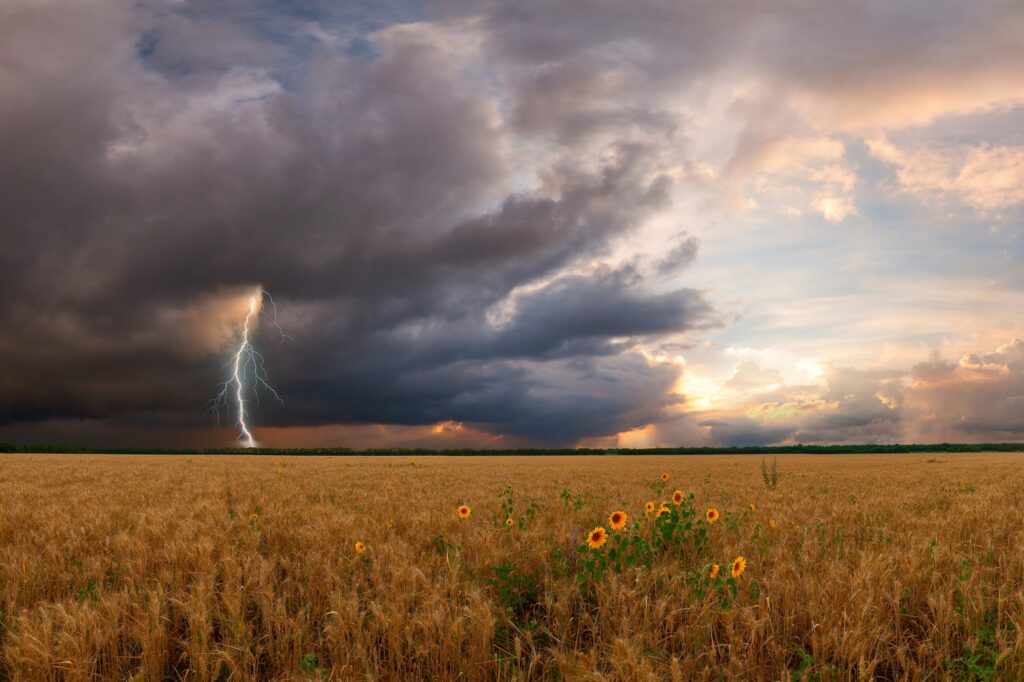Source: Sarah Roffe, The Conversation, 7 February 2021, photo credit: 123RF/firewings
March marks the end of southern Africa’s 2021/2022 summer wet-season. Since its onset in October, most summer rainfall zone regions have experienced wetter than normal conditions.
Wetter conditions are positive for southern Africa’s rainfed agricultural activities and water reservoirs. But excessive rainfall has caused widespread flooding. This is in addition to flooding caused by tropical storm Ana, which made landfall in late January. And there is more to come: flooding will likely occur when tropical cyclone Batsirai – currently affecting the southern Indian Ocean – makes landfall.
These unusually wet conditions are the result of a weak La Niña event since December 2021. This weather pattern typically brings above-average summer rainfall across southern Africa.
A La Niña event is one of three phases of a climate cycle called the El Niño-Southern Oscillation (ENSO). The others are the El Niño and Neutral phases. These phases influence global atmospheric circulation and consequently global rainfall and temperature patterns. So the El Niño-Southern Oscillation is one of Earth’s most important climate phenomena.
Read more
The South African Pork Producers’ Organisation (SAPPO) coordinates industry interventions and collaboratively manages risks in the value chain to enable the sustainability and profitability of pork producers in South Africa.
















